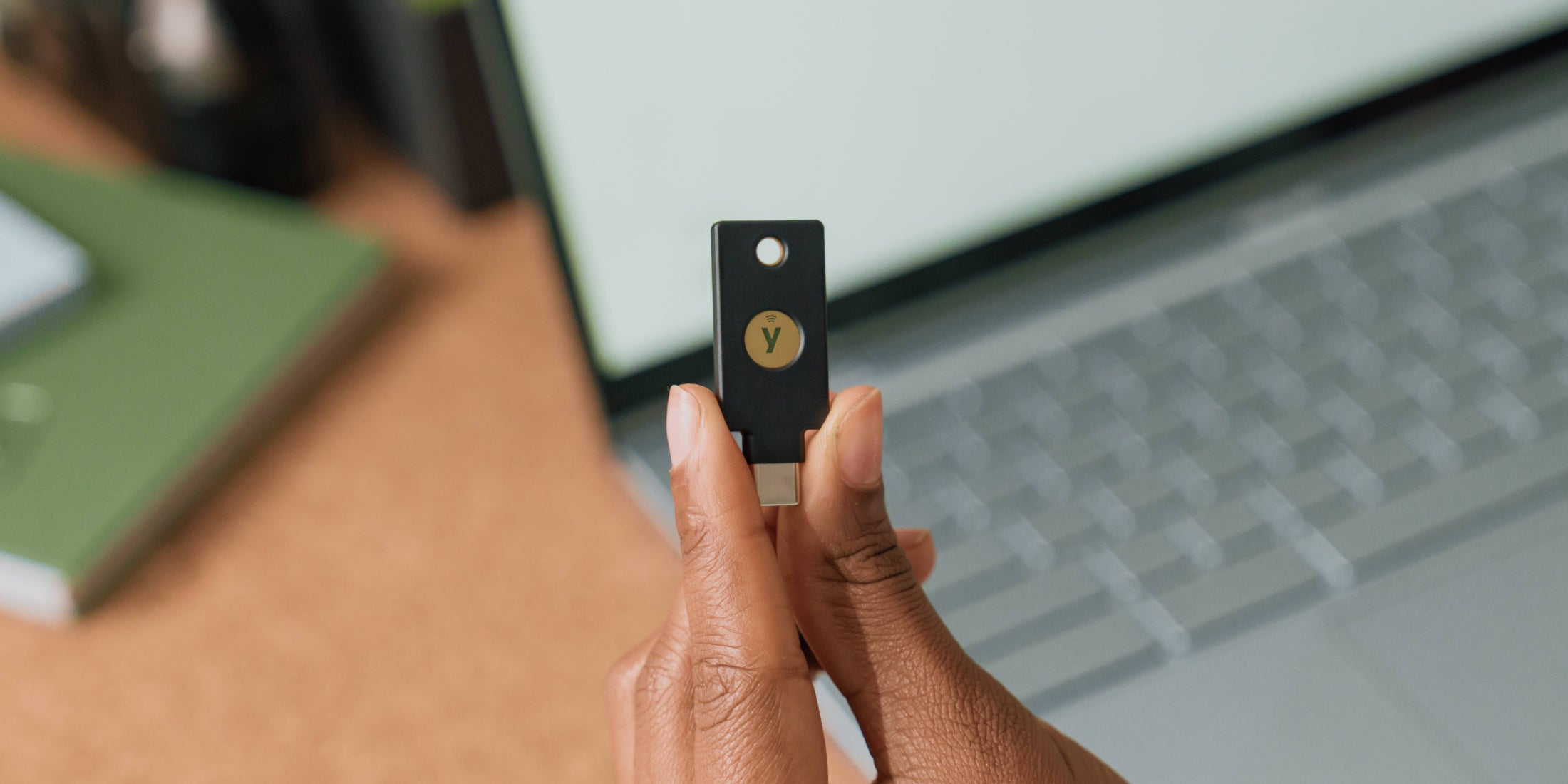2024 is proving to be an incredibly important election year, both in the US and around the globe. It’s reported that elections have occurred or will occur in 64 different countries this year alone, which creates ample opportunity for hackers to infiltrate the electoral system. This comes as the skills and tools bad actors use – including generative AI – continue to improve. When speaking about election security, we often think about the security of traditional targets like physical voting machines – but there’s much more to the security of elections than just the government role.
Let’s look at campaigns as they have become a prime target for cybersecurity threats. Campaigns often contain a treasure trove of information spanning from financial donor information to potential access to a candidate’s social media accounts, which are often one of the primary ways that they communicate with voters. With the numerous responsibilities and limited resources that campaigns often have, cybersecurity tends to fall lower on the priority list for candidates as they focus on the traditional duties and responsibilities that come with running for office.
Because campaigns are built on trust, a phishing attack on a campaign could be detrimental. So much so that our recent survey with Defending Digital Campaigns (DDC), ‘Impact of cybersecurity and AI on the 2024 election season’, found that 42% of respondents who had previously donated to a campaign stated that the likelihood of them donating to the campaign again would change if the campaign was hacked. Whatsmore, 30% of those people would even consider voting for another candidate.
Regarding the perceived threat of AI on elections specifically, the survey also revealed that both Democrats (42%) and Republicans (49%) believe AI will have a negative effect on the outcome of this year’s elections. In fact, an overwhelming majority of respondents (72%) expressed concern about AI-generated content being used to impersonate political candidates or create inauthentic content.
While the outcome of elections isn’t always predictable, there is one thing that we do know for certain: cybersecurity matters. This includes not just being proactive in the cyber tools used to stay secure, but ensuring that general cybersecurity hygiene is table stakes for all individuals involved in any campaign.
To explore the importance of cybersecurity and impact of AI on the 2024 elections, Yubico’s CTO, Christopher Harrell joined Michael Kaiser, CEO of Defending Digital Campaigns (DDC) in a webinar (now available to watch on-demand) to discuss trends we’re seeing––including common threat vectors like phishing––and what campaigns can do to protect themselves throughout the lifecycle of their campaign.
Even though cybersecurity attacks are becoming more sophisticated with tools like AI, there are simple ways to help mitigate these risks. This includes using strong, unique passwords and storing them in a password manager, along with enabling phishing-resistant multi-factor authentication (MFA) whenever possible using physical security keys like YubiKeys available from Yubico and DDC.
DDC, a nonprofit and nonpartisan organization, provides cybersecurity products, services, training, and information to federal political campaigns and committees and down-ballot candidates in a growing number of states. Through our Secure it Forward program, together we have donated YubiKeys to help secure hundreds of campaigns across the country.
Be sure to watch the full discussion between Christopher and Michael in our on-demand webinar on BrightTalk here: ‘The importance of cybersecurity and the impact of AI on the 2024 elections’.
To learn more about Defending Digital Campaigns’ programs, visit https://defendcampaigns.org/. You can learn more about Yubico’s Secure It Forward program here, including details on how to apply for a YubiKey donation.





